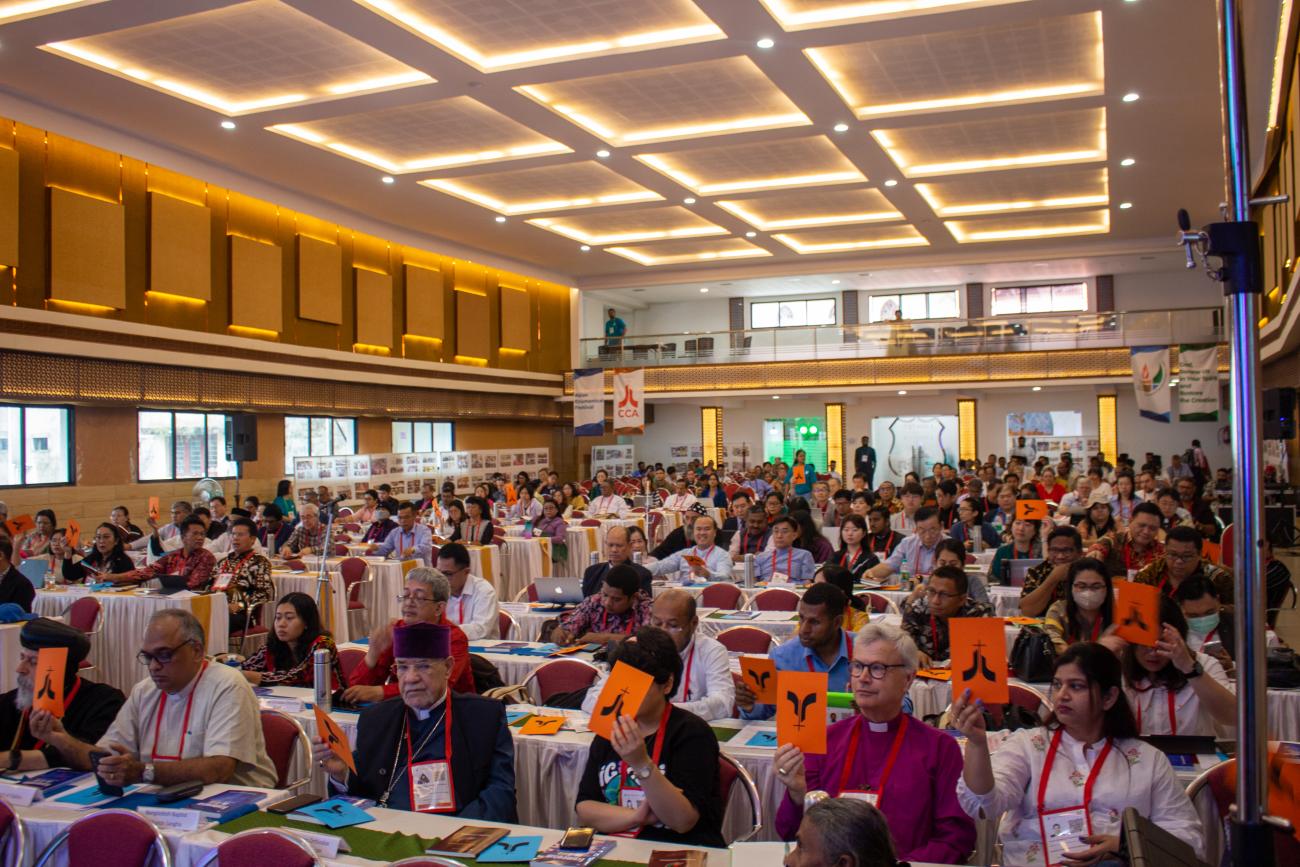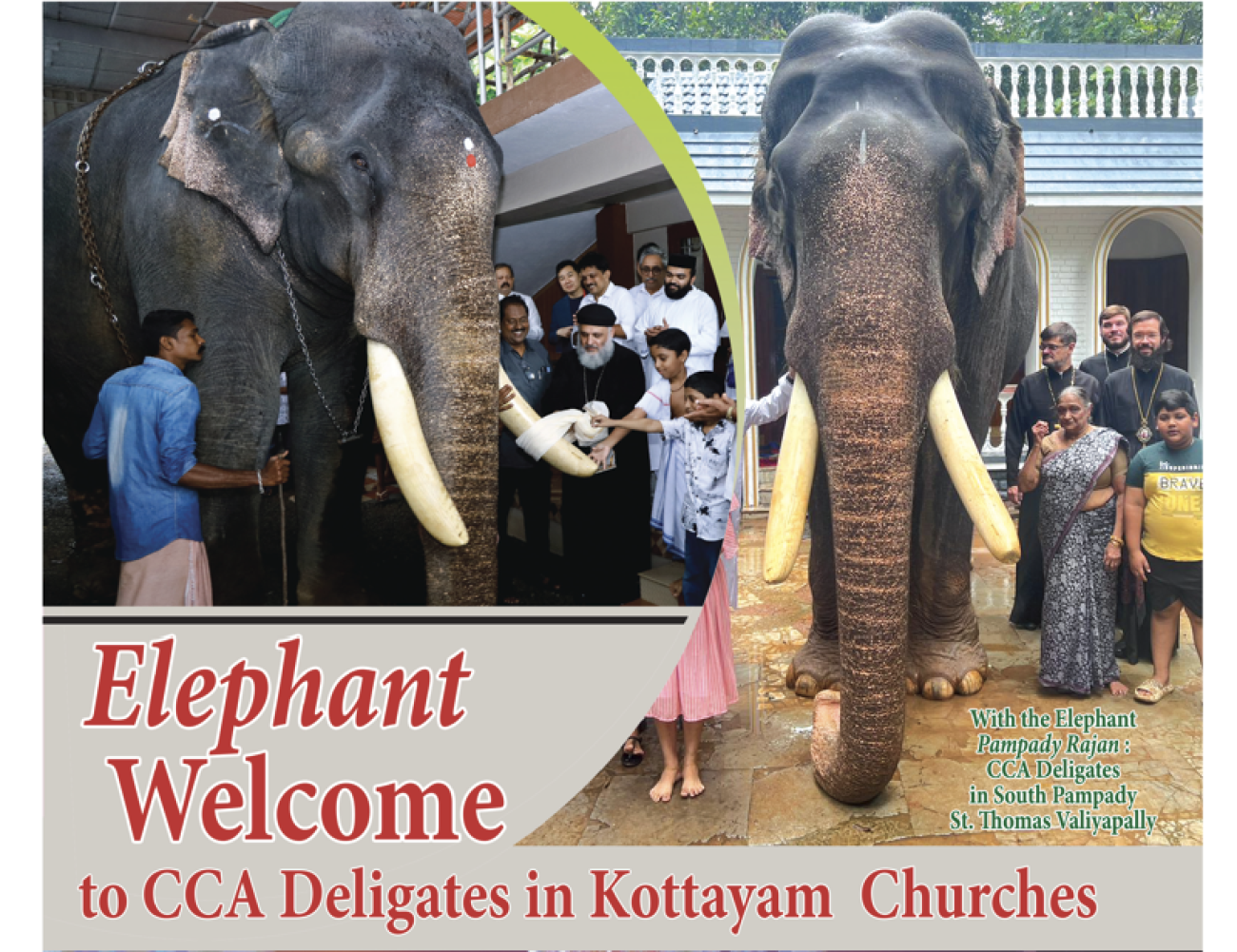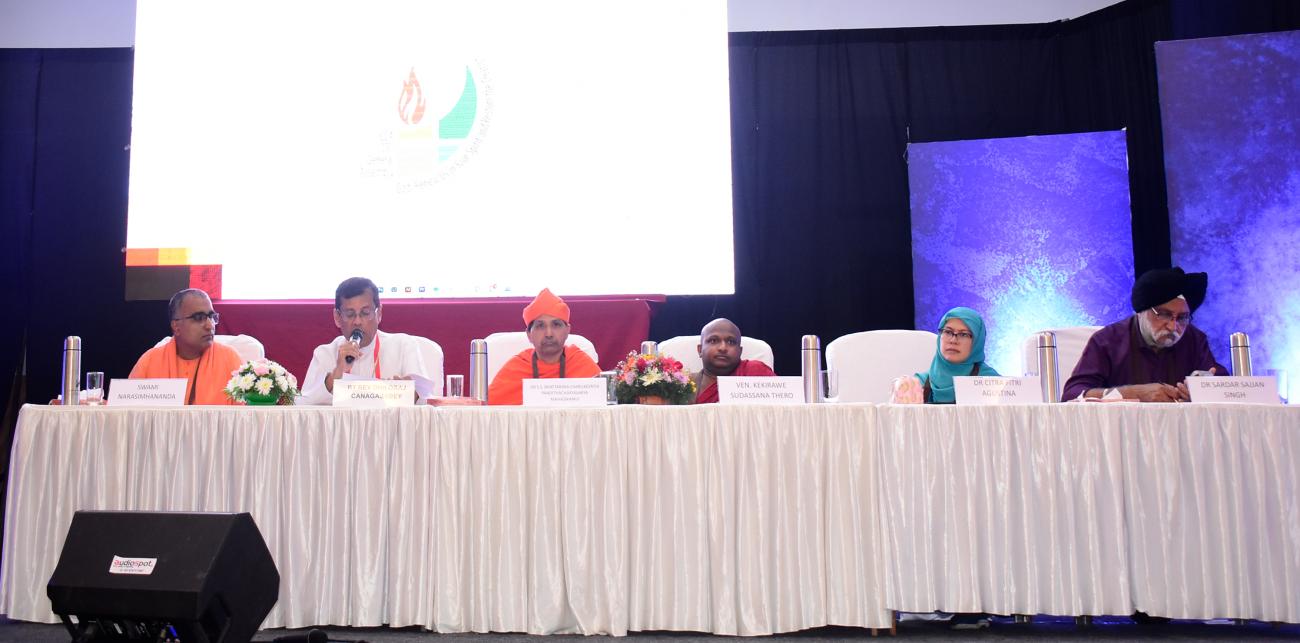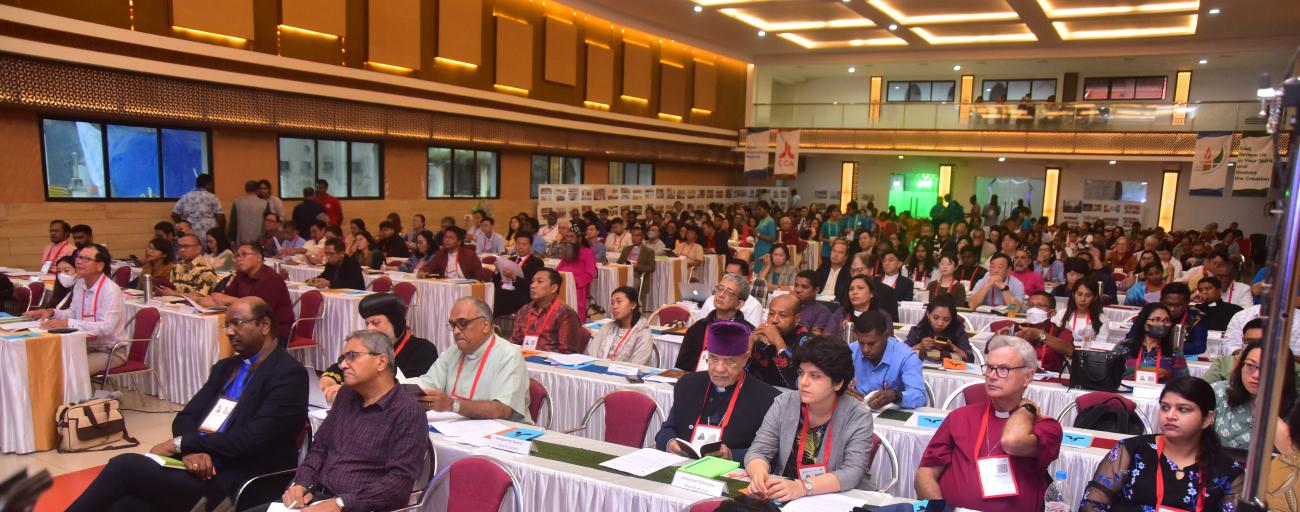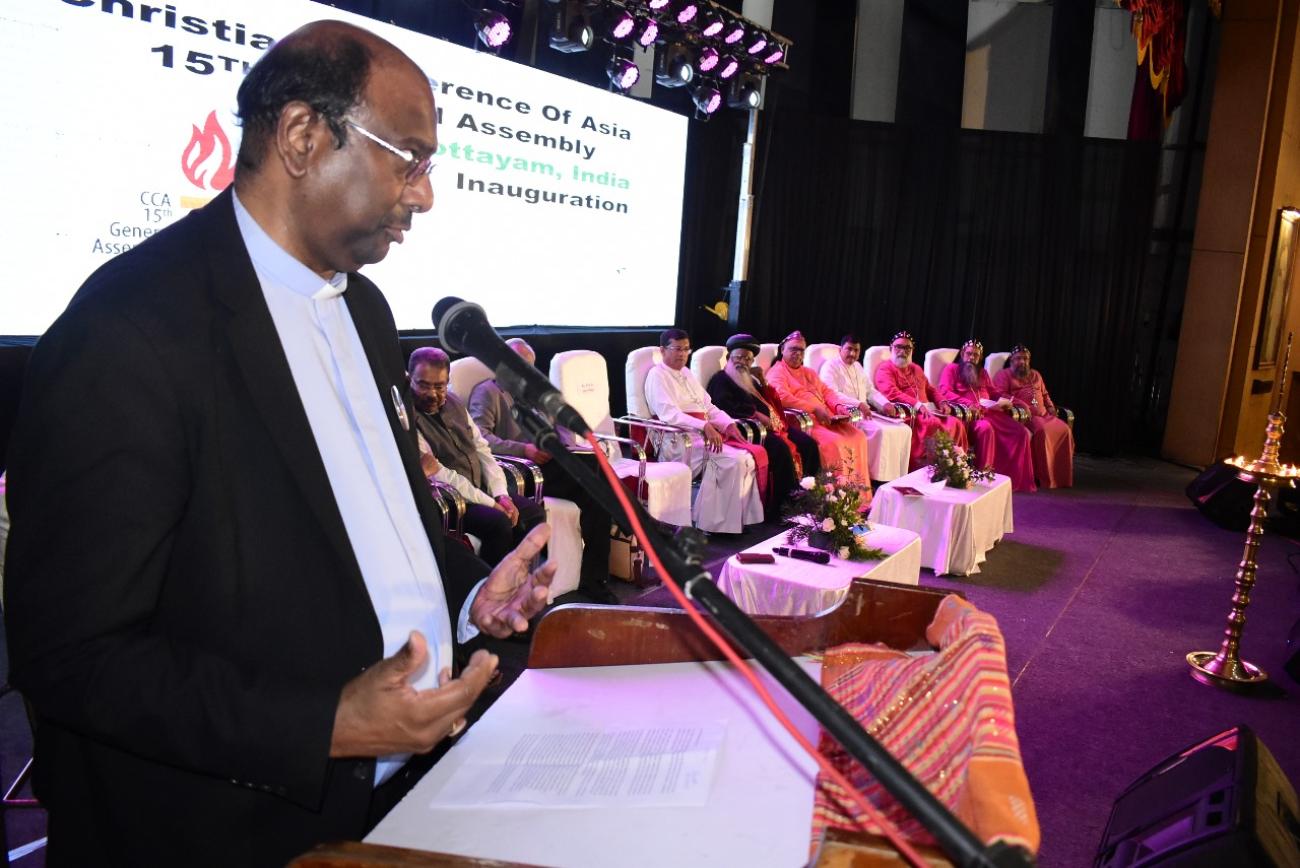Dear Friends in Ecumenical Organizations and Partner Churches
Greetings in the name of Jesus, the prince of peace.
First of all, we, the Presbyterian Church in the republic of Korea (PROK), are deeply grateful for your concern, prayer and solidarity messages and statements to respond to the recent violence in Yeonpyeong Island and the escalation of tension in the Korean peninsula.
Witnessing the current unstable situation in the Korean peninsula, the PROK is immensely concerned about political moves toward bigger clashes. We feel the need to strongly re-affirm that military provocation and retaliation are the way to self-destruction of the two Koreas, and that peaceful approach and dialogue are the only ways to resolve the conflict and to live together in the Korean Peninsula. We claim that a threat to peace and life should not be used to solve political difficulties or gain political points. Therefore, on Nov. 24, the PROK issued a statement to urge the two Korean authorities not to extend the vindictive situation but to resolve it peacefully with the following suggestions:
1. Not to abuse resentments of the victims as a pretext of revenge, to restore humanitarian support to N.K instead of engaging in hard line policies and sanctions, and to resume dialogue and mutual exchanges such as the Six Party Talks and the North-South Red Cross Conference.
2. To establish the ¡®Special Peace and Co-operation Zone in the West Sea¡¯ initiated by North and South Joint Declaration October 4, 2007, and to stop the military drill in that area rather than continue to collide because of the controversial Northern Limit Line.
3. To repeal the 1953 Armistice Agreement and replace it with a Peace Treaty, de-escalating the threats of imminent conflict between North and South Korea and ensuring peace and security not only in Northeast Asia but the whole world.
We are attaching the statement of the National Council of Churches of Korea which well articulated the rationale and explanation of the Yeonpyeong Island Incident, so that you can refer to their analysis and position regarding the issue as well.
We have launched a signature campaign to gather support for the making of a Peace Treaty. We will be sending you a letter and signature form to gather your signatures and support. Please join the campaign, and keep holding peace and reconciliation in the Korean Peninsula in your prayers and supporting our sincere efforts for peace.
In ecumenical solidarity,
Rev. Bae Tae-Jin
General Secretary
The Presbyterian Church in the Republic of Korea



